Puppy aggression: How to nip it in the bud before it becomes a problem, by award-winning trainer Ben Randall
A reader whose lovely puppy is starting to show worrying behaviour writes — and Ben Randall has some expert advice.
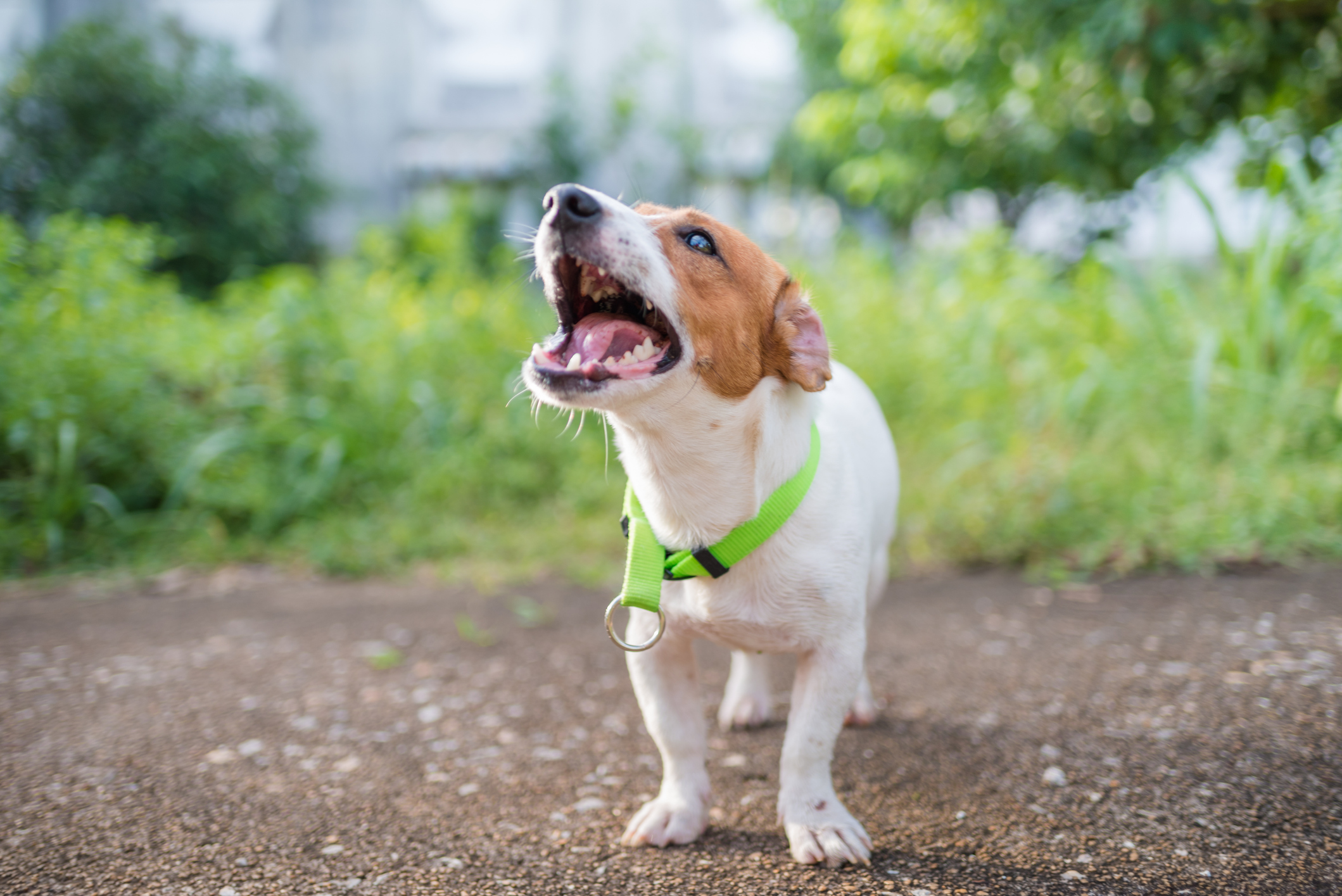

Getting a puppy is embarking on a great adventure — and like all adventures, there are pitfalls as well as joys. Our reader this week has come across one of those hiccups, with her recently-acquired rescue pup developing a bit of unwanted behaviour.
Dear Ben,I rescued a puppy when he was around 2-3 months old, and when I got him, he was extremely social. I've tried to keep on socialising him by taking him on walks around my apartment complex, on local trails and introducing him to family members, and he'd always been completely fine — at least up until now. Within the last few days I've noticed that he started barking at strangers that approach him — and it's not a playful bark either. I've read articles that talk about this turning into uncontrollably aggressive behaviour so I want to nip it in the bud — but I'm not sure how. Could you give me advice on the matter? — BB, via email
Hi BB — first off, a thank you. Both for your email to paws-for-thought@futurenet.com, and for adoping a rescue dog. It’s a fantastic thing to do, and I always encourage it whenever the breed and the owner's circumstances match up.
When choosing a rescue dog, though, you rarely know anything about the dog's breedlines, so you're usually flying blind when it comes to understand factors shaping the dog’s temperament and trainability. This makes for a lot of unknowns, especially with crossbreeds. I'm not suggesting for a moment that there's a problem brewing here, though; I’ve seen many, many crossbreeds with beautiful temperament and trainability; but like all cocktails, they don’t always taste how you’d expect. And it can happen with any type of dog: just recently a client came to me with a labrador that had been beautifully behaved at eight weeks old, but by 16 weeks it was lunging on the lead and nipping.
Here are the steps to go through to deal with this problem before it gets worse.
How to handle a puppy showing signs of aggression
1. Be honest with yourself about how you've been training your puppy
People who come to me for BG (Beggarbush) training or to our boarding kennels sometimes ask me what I do with my dogs when they're going through their 'teenager' spell — and they struggle to believe me at first when I tell them that I've never had a dog acting in the rebellious, naughty way they're suggesting — my dogs are properly trained, developing mutual respect and love, from day one. And that is the thing that you have to ask yourself in this situation.
The puppies who come to me showing signs of aggression like this generally have one thing in common: their puppy training foundations have been done incorrectly. You'll get away with a lot of leeway with a puppy when they're starting out; they can respond well at eight, 10, or 12 weeks old, listening, interacting, seemingly learning well — and then they start to demonstrate a lack of respect for you, and your space. They'll often start to get overexcited by people and other dogs, and become over-protective in and around the home or their owner.
I normally see this in bribery-trained dogs – i.e. those brought up on tricks and treats, who become highly-wired and doing things to earn treats, but without growing the patience, partnership and mutual respect that true dog training brings out.
Sign up for the Country Life Newsletter
Exquisite houses, the beauty of Nature, and how to get the most from your life, straight to your inbox.
If this sounds like you, it's time to stop. Rewards play a part in training, but are never the be-all and end-all; praise and love are just as much part of the process as a bit of kibble. And the rewards have to be earned for consistent good behaviour, not just a moment performing an action. Get into this mindset, adjust your training accordingly and things will start to fall in to place.
2. Keep your dog away from problem situations, and put your energy into nailing the basics
For now, you really don’t need to take your dog into the environment where you think he’ll go wrong. Stay away for a while so as not to compound the situation, and concentrate instead on instilling the correct training.
We need to start teaching life commands: getting your dog to sit, showing lots of patience, even when surrounded by distractions including food, family members and so on.
Get your dog walking to heel, both on and off the lead.
Make sure that your dog knows the 'leave' command, and responds to it in all environments.
I've added links to my previous articles on each of those, and by building up these commands we’re teaching the dog to relax, sleep calmly, and be happy chilling out in and around the home. You'll have a dog who doesn't bark at the door or go mad when delivery people come to the house.
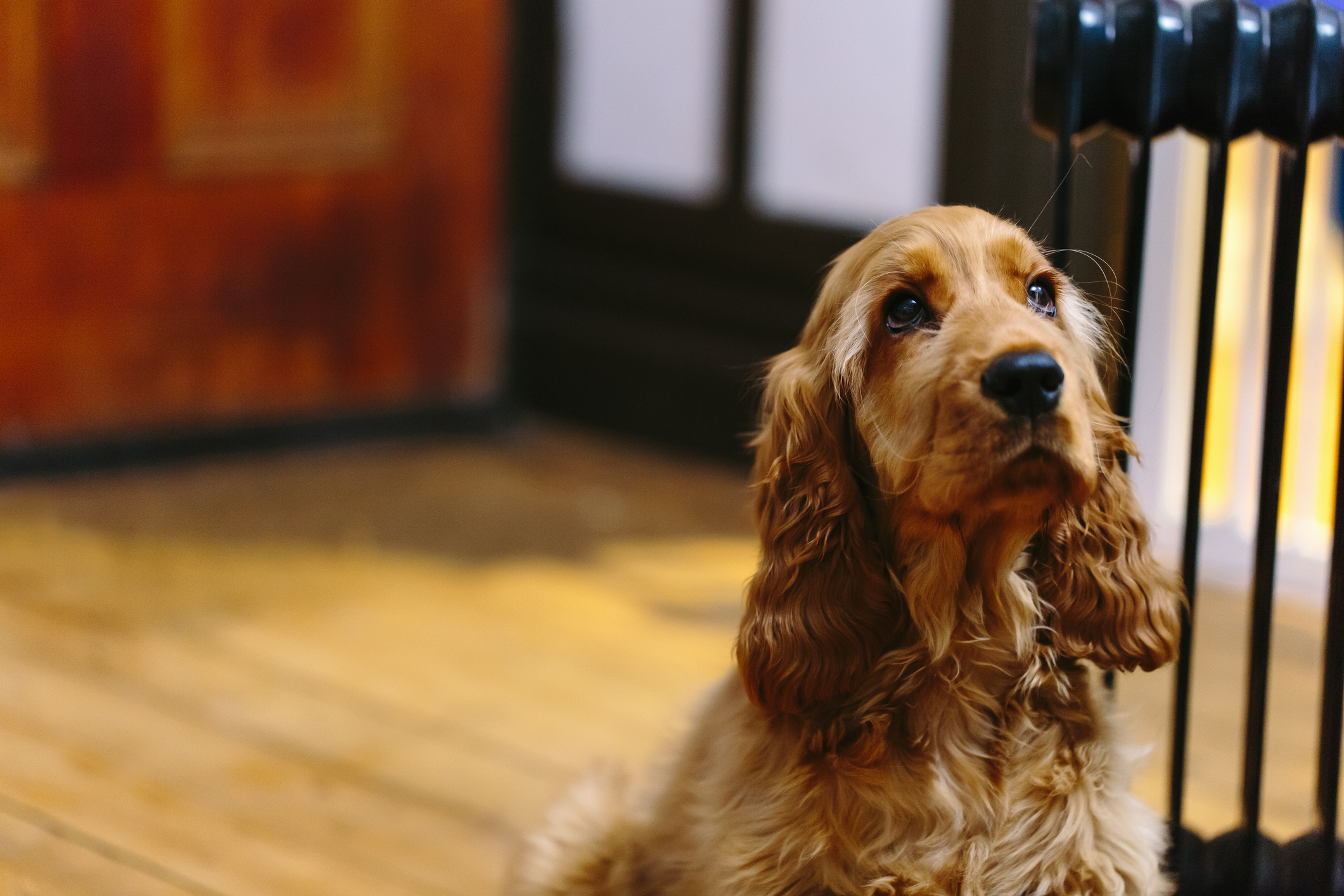
3. You'll get there in a few weeks — but remember that training is ongoing
The ideal situation that you're working towards is a dog whose response to sit, leave, heel and recall commands is perfect, full of respect patience.
You'll then have a dog who's calmer, shows a lot more patience, understands that he earns rewards for a period of good behaviour rather than for one moment of cleverness. Work over these commands for three or four weeks and you'll have a dog who is ready to go back out to environments where he previously had a problem.
Remember not to rush it: training is a constant process, one you'll always be practising as long as you have the dog, and the worst thing you can do is rush it, go back to problem areas too soon, and risk him going wild, lunging at people. But go back to the basics and in six weeks you’ll see a huge improvement and much better respect: Walk him to heel, sitting in the street, coffee shop, pub — keeping him calm as he does so – are all really important.
Ben Randall’s book, ‘How to Train Your Gundog’, is out now. You can order it here at £40.
For more detailed advice about Ben Randall’s positive, reward-based and proven BG training methods, one-to-one training sessions, residential training or five-star dog-boarding at his BGHQ in Herefordshire, telephone 01531 670960 or visit www.ledburylodgekennels.co.uk. For a free seven-day trial of the Gundog app, which costs £24.99 a month or £249.99 a year, visit www.gundog.app/trial
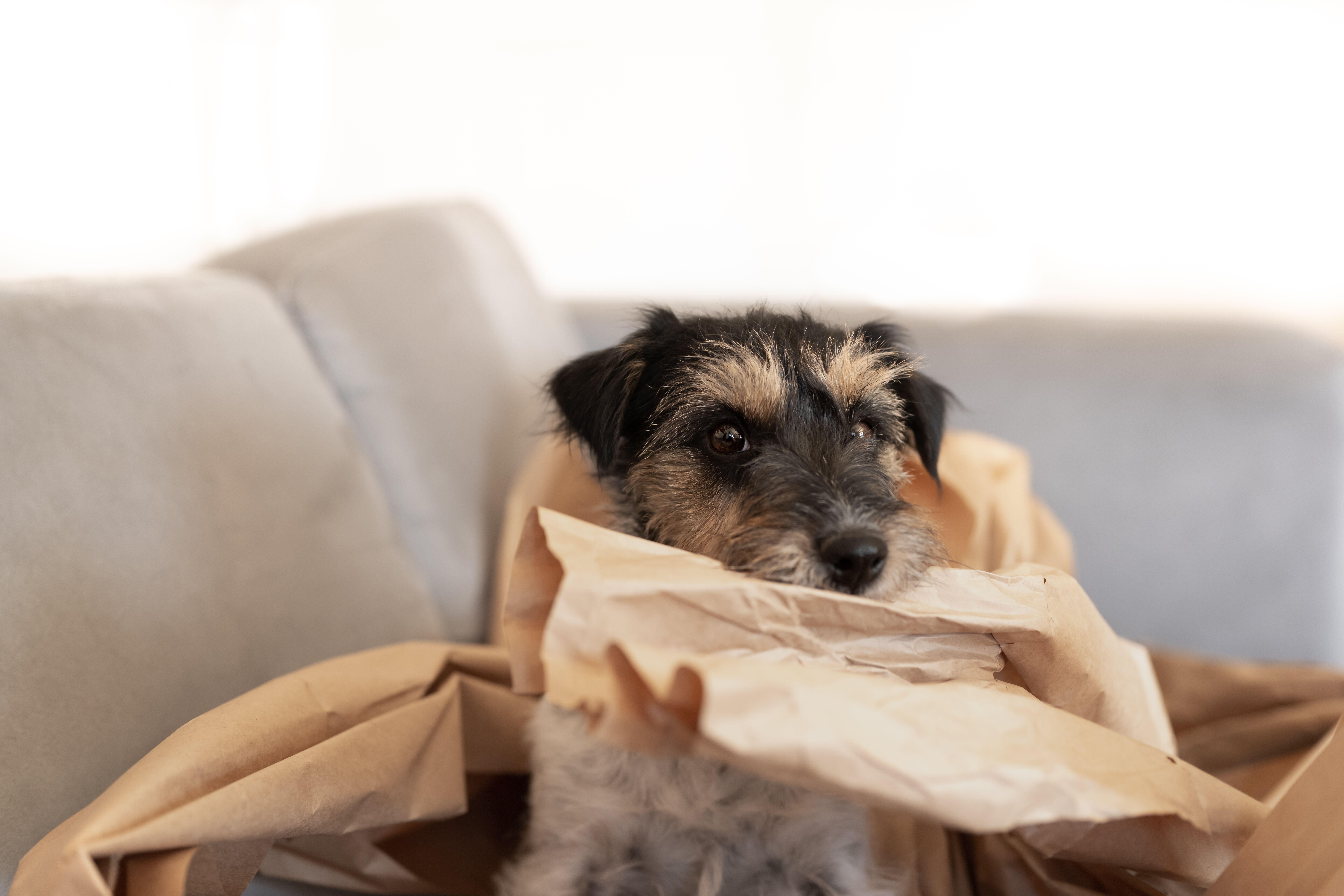
How to stop resource guarding in dogs, by Ben Randall
Resource guarding is common in dogs — but it can be solved. Award-winning dog trainer Ben Randall explains how as he
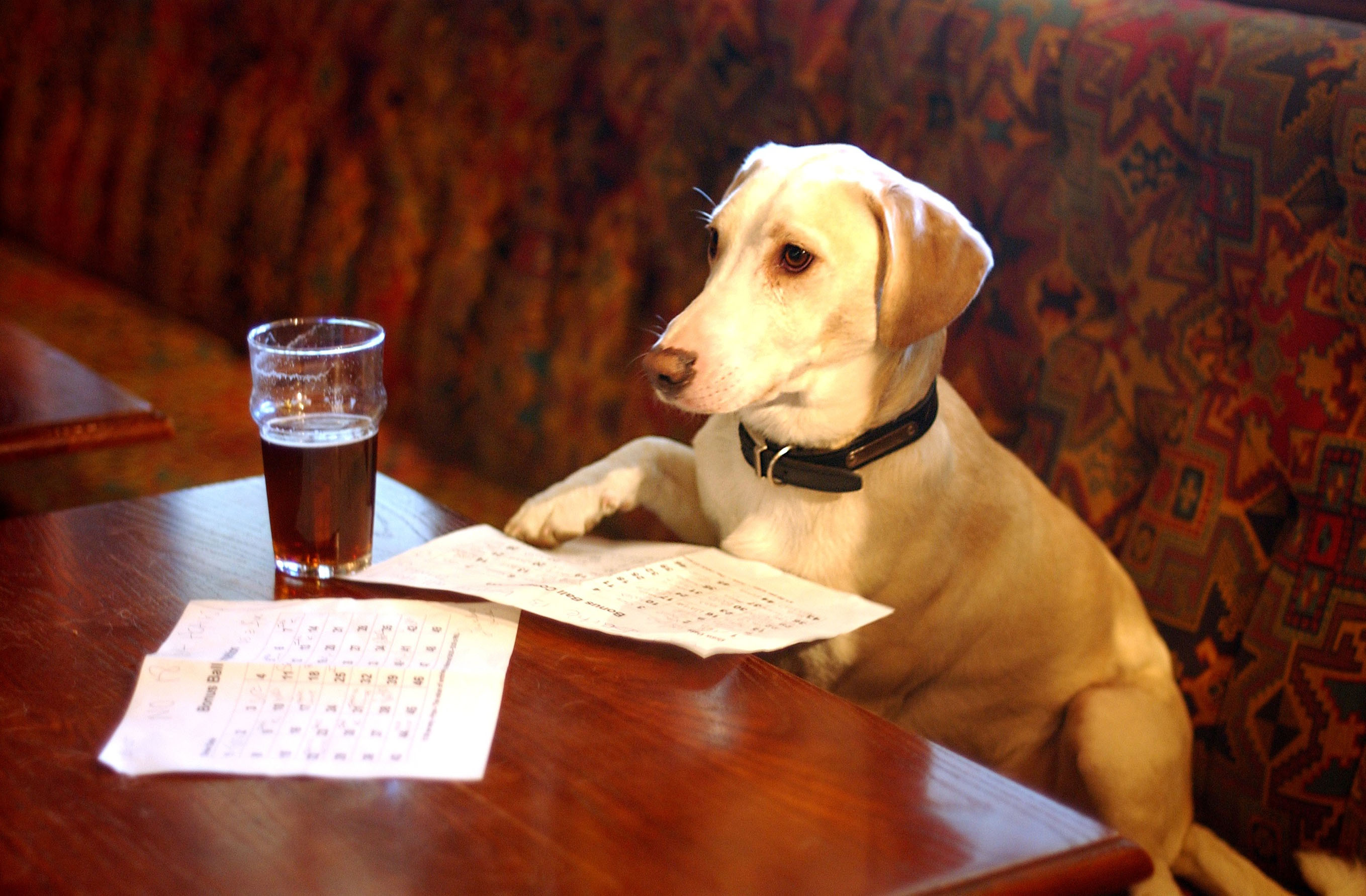
Credit: Alamy
How to take your dog to the pub, by expert trainer Ben Randall
Enjoying a drink in a lovely country pub with your dog snoozing quietly at your feet is one of the
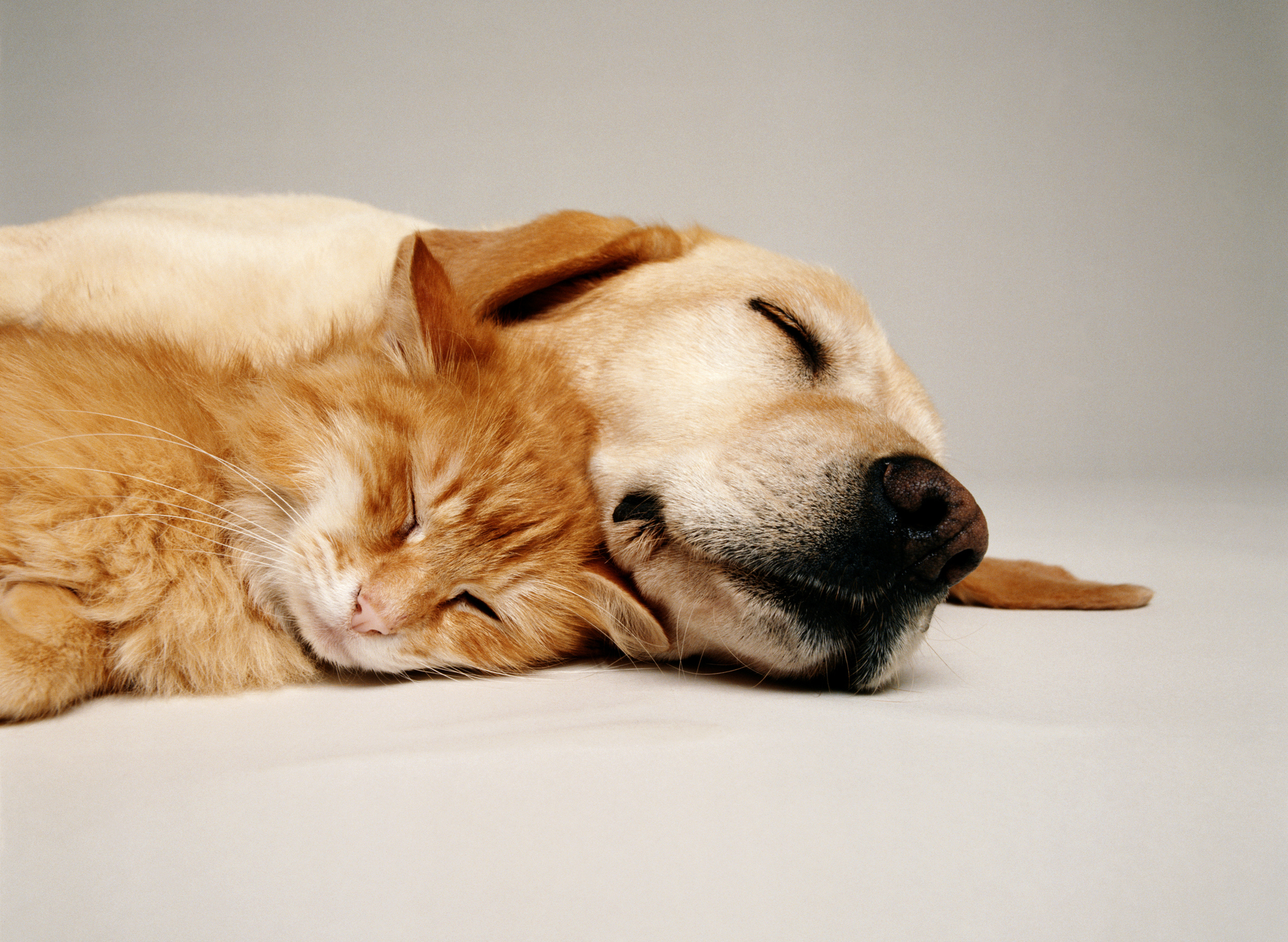
Credit: Getty
How to introduce a puppy to your cat, by expert dog trainer Ben Randall
Introducing a dog to a cat can be nerve-wracking, but get it right and the two of them can get
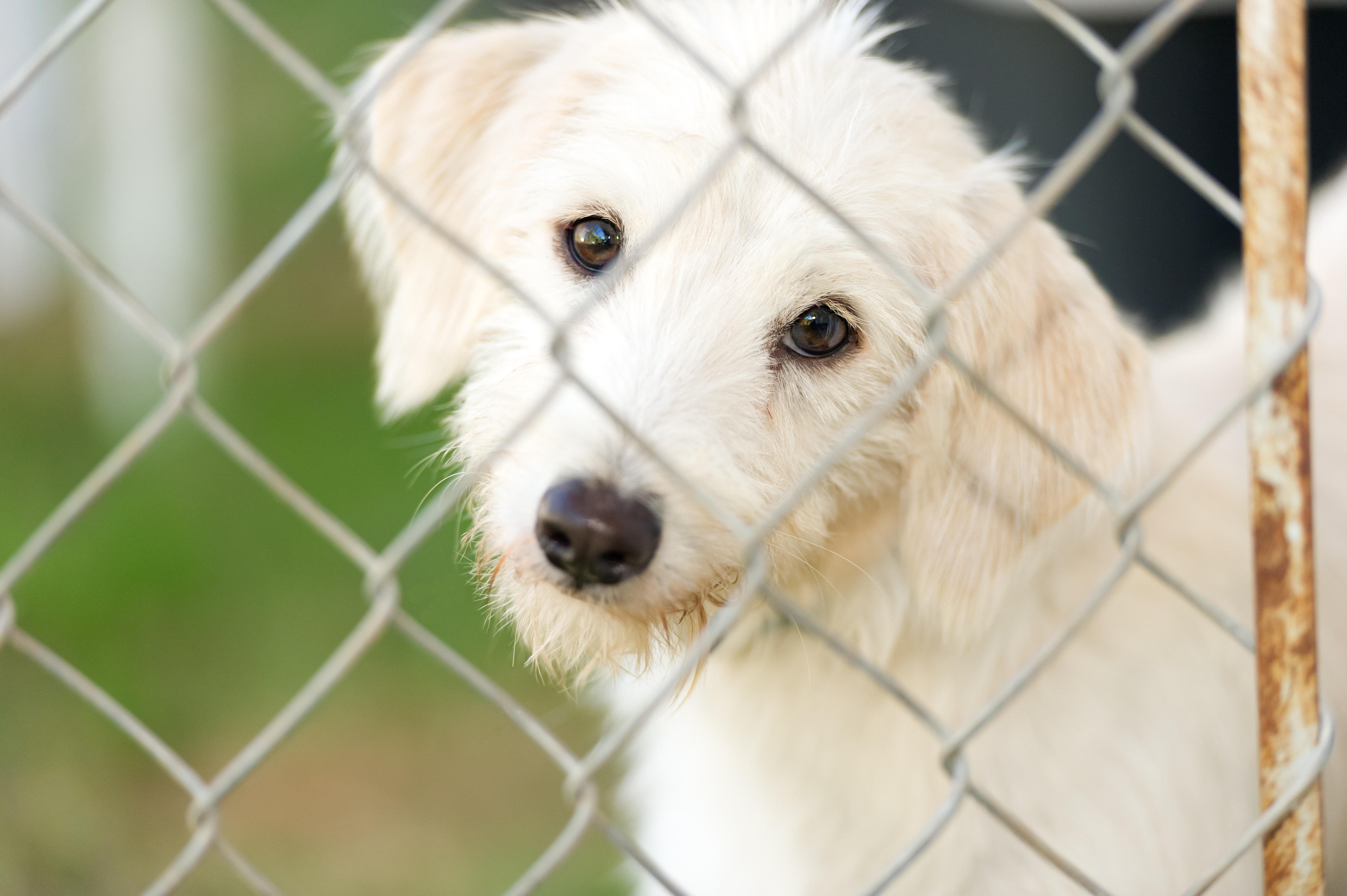
How to choose a rescue dog, by expert trainer Ben Randall
Adopting a dog in need of a new home can be a fabulous experience that will transform your life for
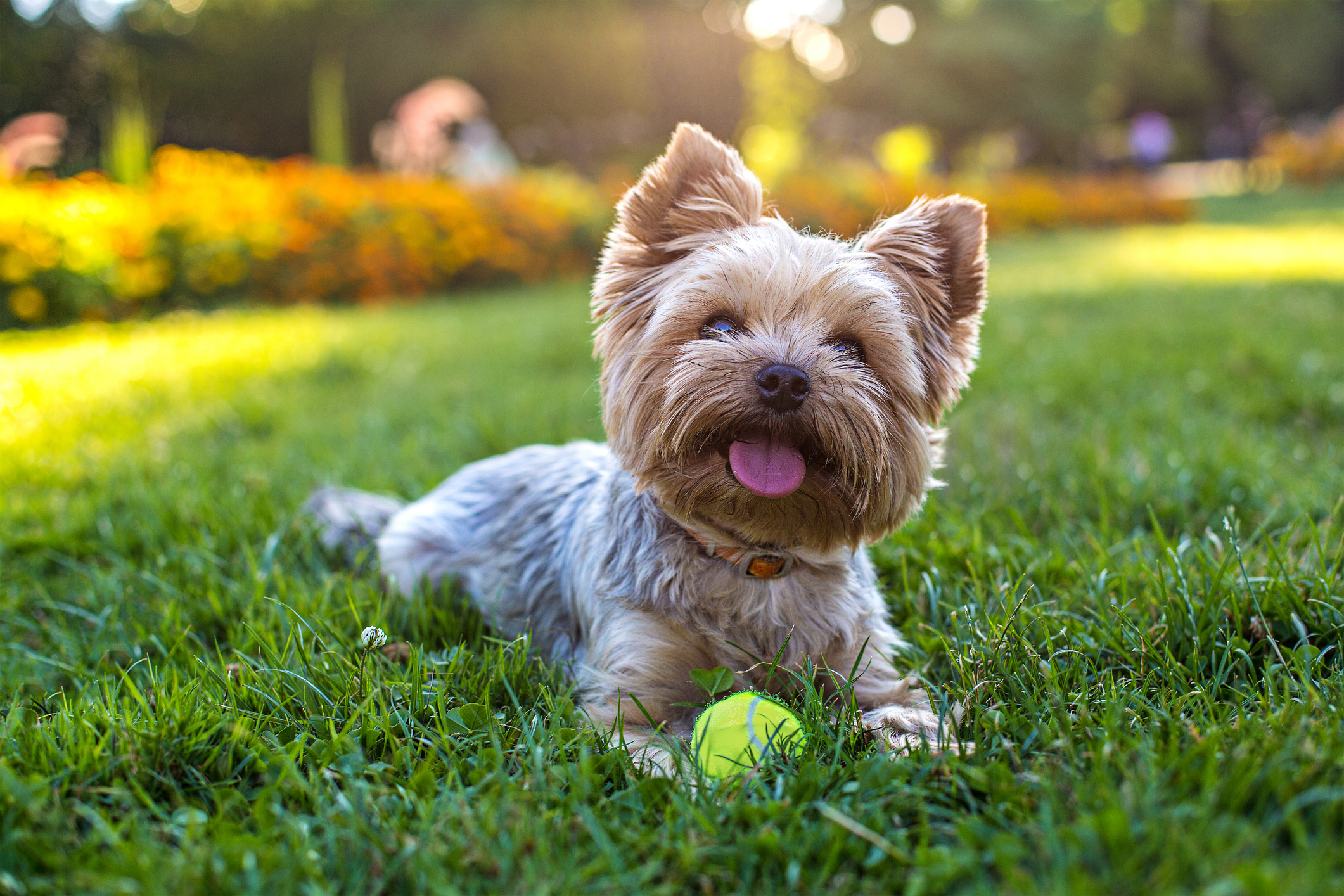
How to train your dogs around your gardening, by expert trainer Ben Randall
It's the time of year when we're all starting to get out more and more — particularly in the garden. That's
-
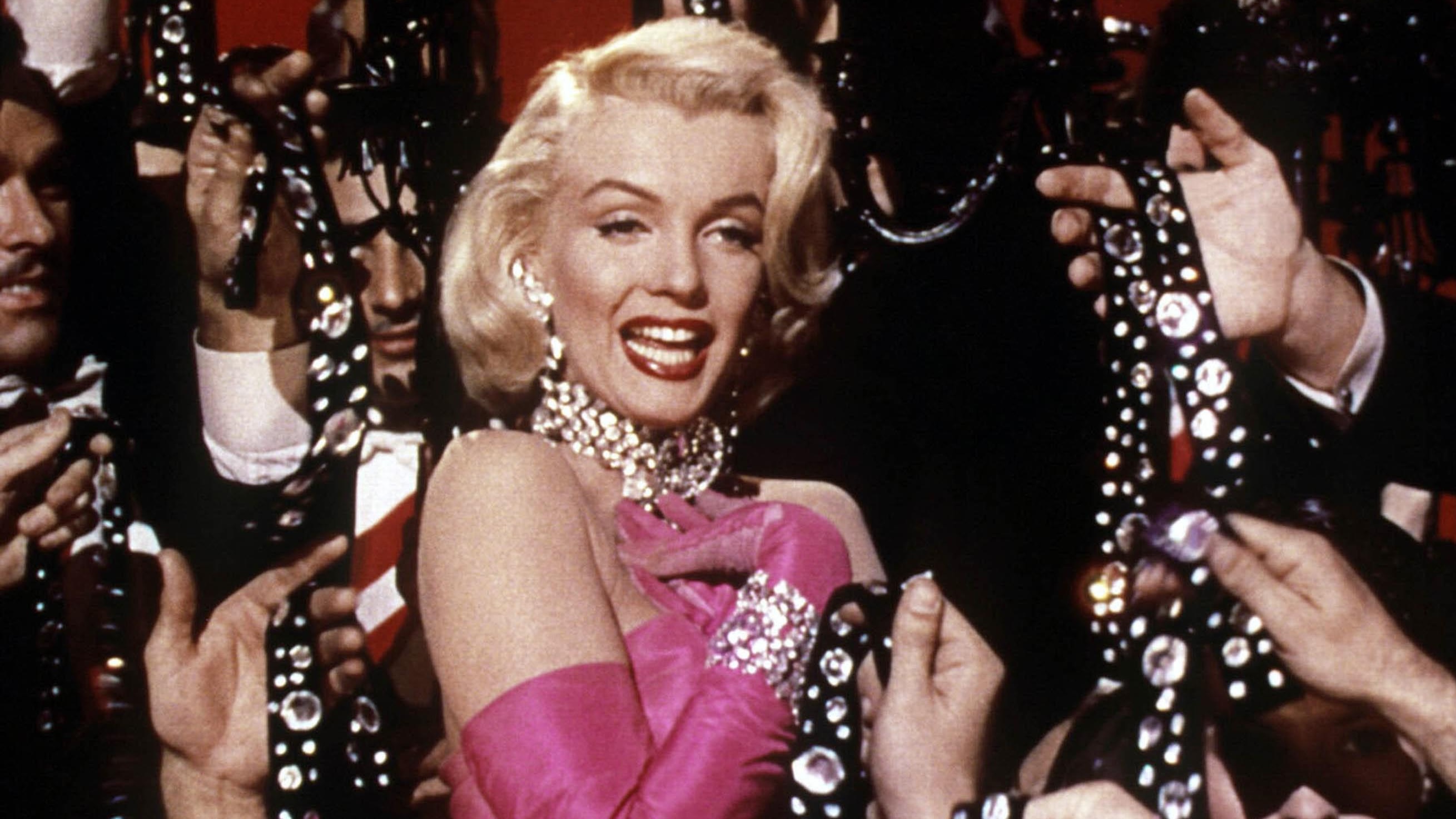 Diamonds are everyone's best friend: The enduring appeal of one of Nature's sparkliest treasures
Diamonds are everyone's best friend: The enduring appeal of one of Nature's sparkliest treasuresEvery diamond has a story to tell and each of us deserves to fall in love with one.
By Jonathan Self
-
 RHS Chelsea Flower Show: Everything you need to know, plus our top tips and tricks
RHS Chelsea Flower Show: Everything you need to know, plus our top tips and tricksCountry Life editors and contributor share their tips and tricks for making the most of Chelsea.
By Amie Elizabeth White
-
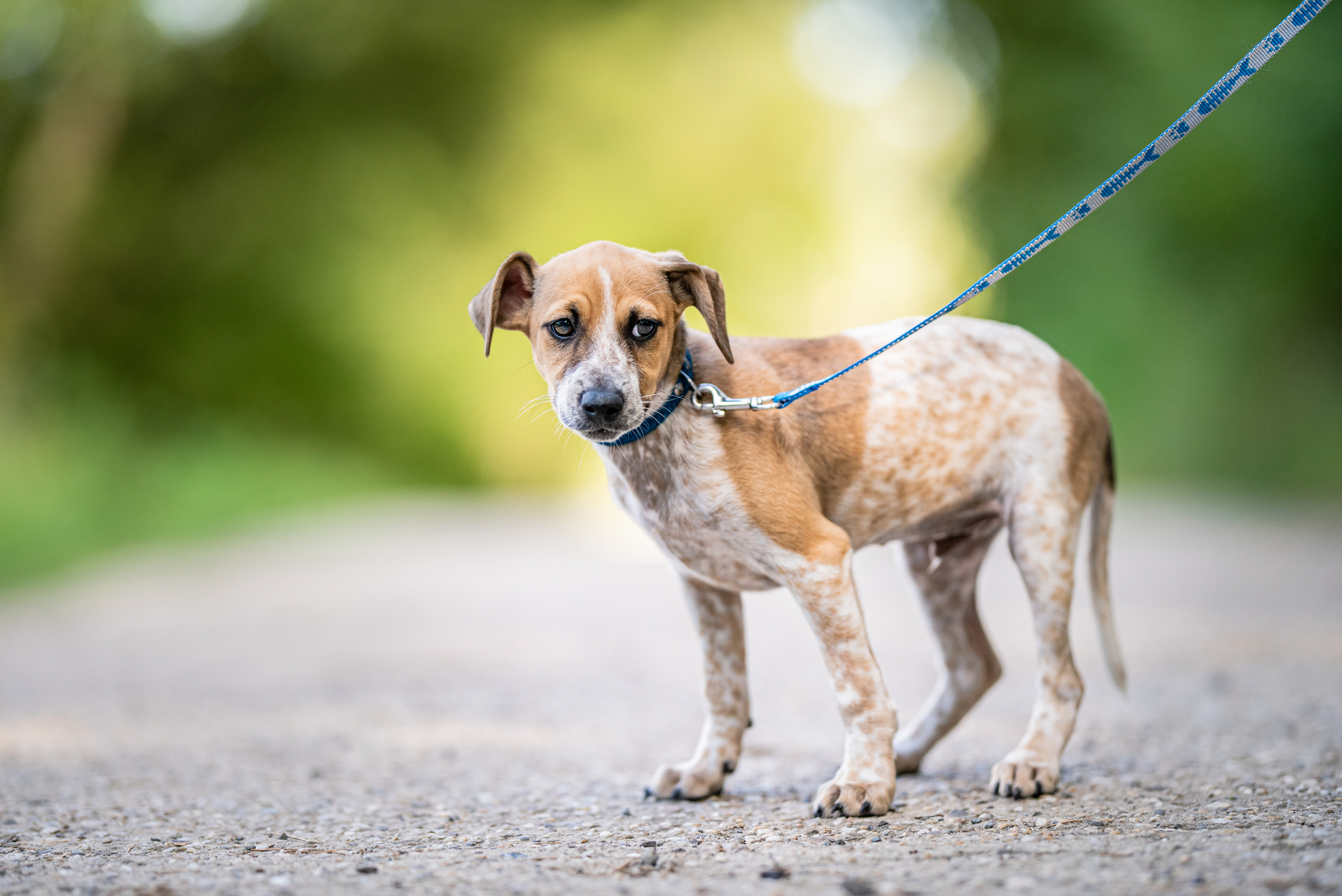 What to do when your dog gets attacked by another dog out on a walk
What to do when your dog gets attacked by another dog out on a walkBen Randall deals with a reader's difficult situation as an ordinary walk took a turn for the worse.
By Ben Randall
-
 How to deal with an older dog starting to show some bad behaviour after many happy years
How to deal with an older dog starting to show some bad behaviour after many happy yearsA-list dog trainer Ben Randall helps a reader whose ageing dog has started changing its behaviour — and not for the better.
By Ben Randall
-
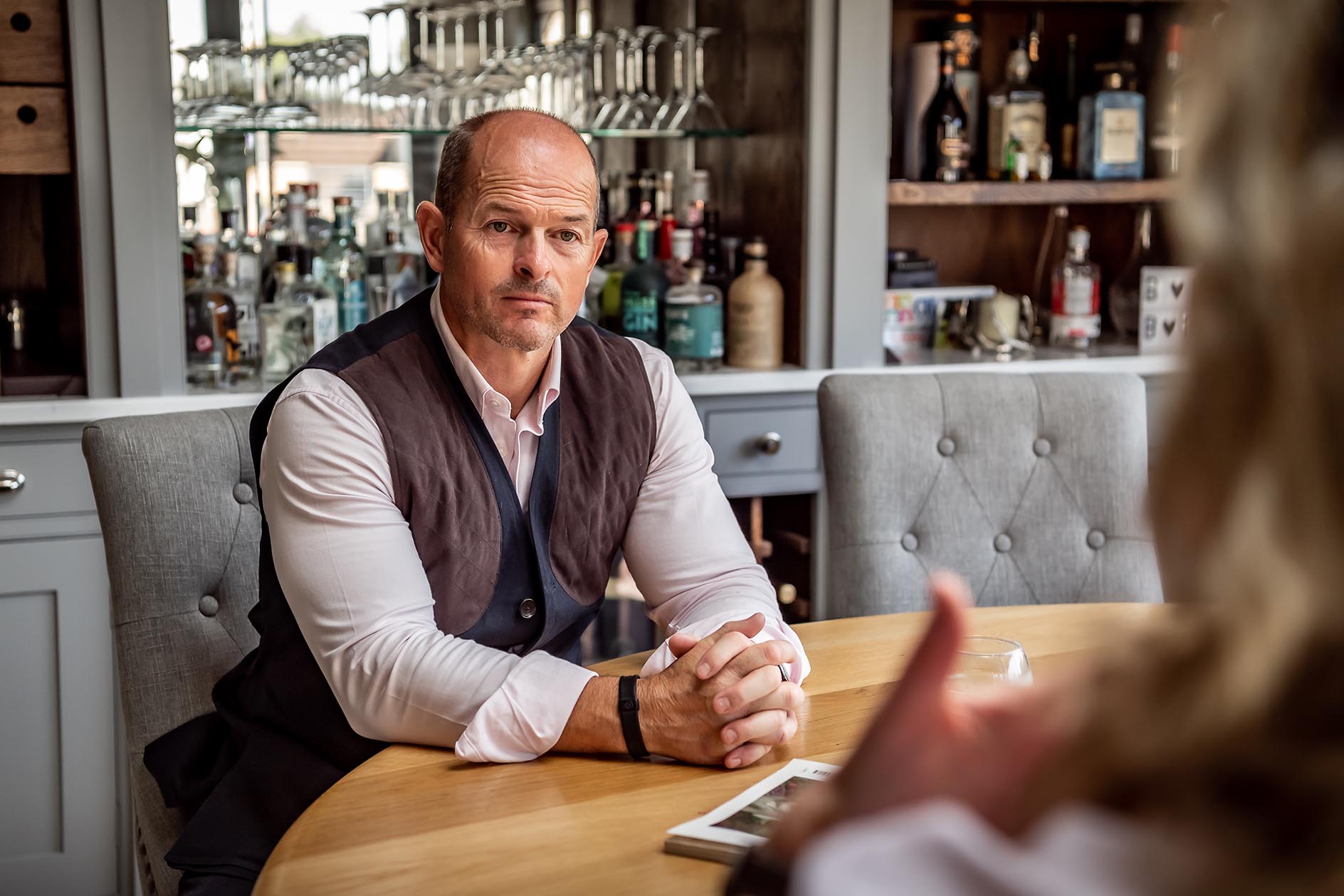 Ben Randall: Ask Country Life's canine agony uncle a question about your dog
Ben Randall: Ask Country Life's canine agony uncle a question about your dogOver the past two years our award-winning dog trainer Ben Randall has been sharing his advice with Country Life readers.
By Country Life
-
 How to look after a dog who's gone deaf, by A-list trainer Ben Randall
How to look after a dog who's gone deaf, by A-list trainer Ben RandallBen Randall handles a query from a reader whose dog has lost her hearing.
By Ben Randall
-
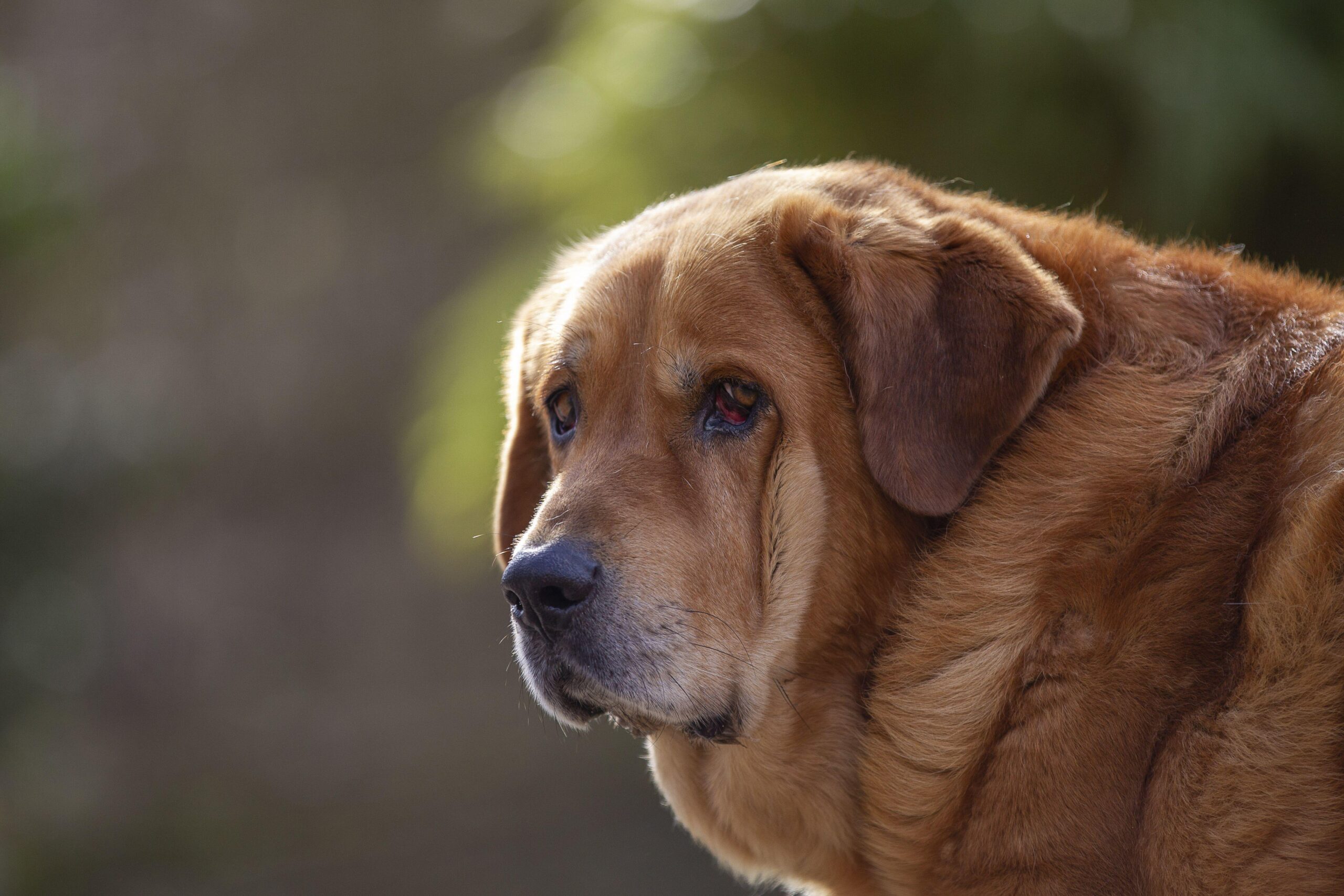 How to deal with a dog that's stronger than you are — especially when it runs off when it gets excited
How to deal with a dog that's stronger than you are — especially when it runs off when it gets excitedBen Randall tackles an issue for an owner of a dog that's almost as big as she is.
By Ben Randall
-
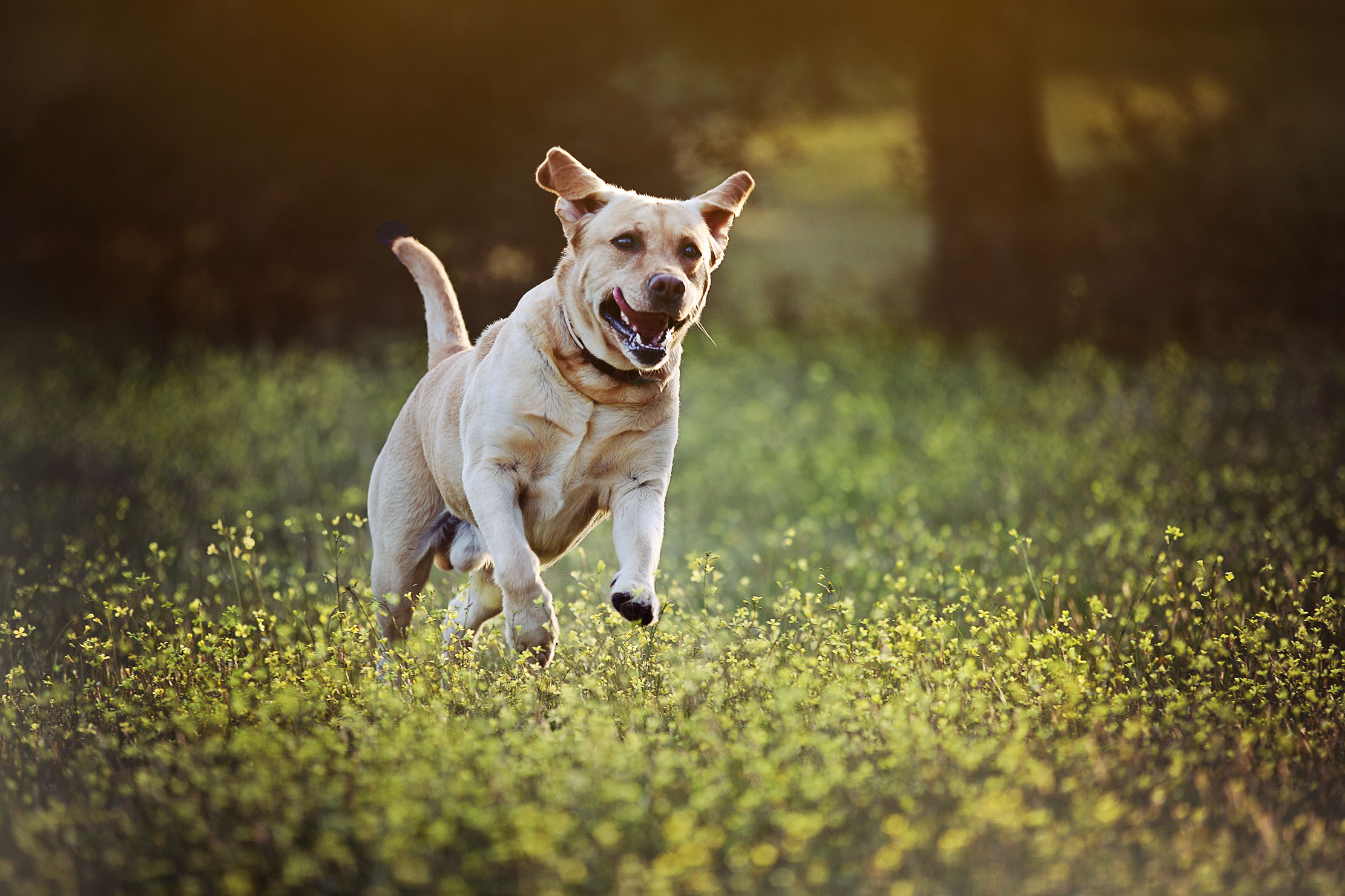 'My dog goes crazy when he sees someone with a ball launcher. How do I make him stop?': Expert trainer Ben Randall explains what to do
'My dog goes crazy when he sees someone with a ball launcher. How do I make him stop?': Expert trainer Ben Randall explains what to doTaking on a dog with ingrained bad habits can be a headache. Ben Randall explains how to retrain them to keep calm.
By Ben Randall
-
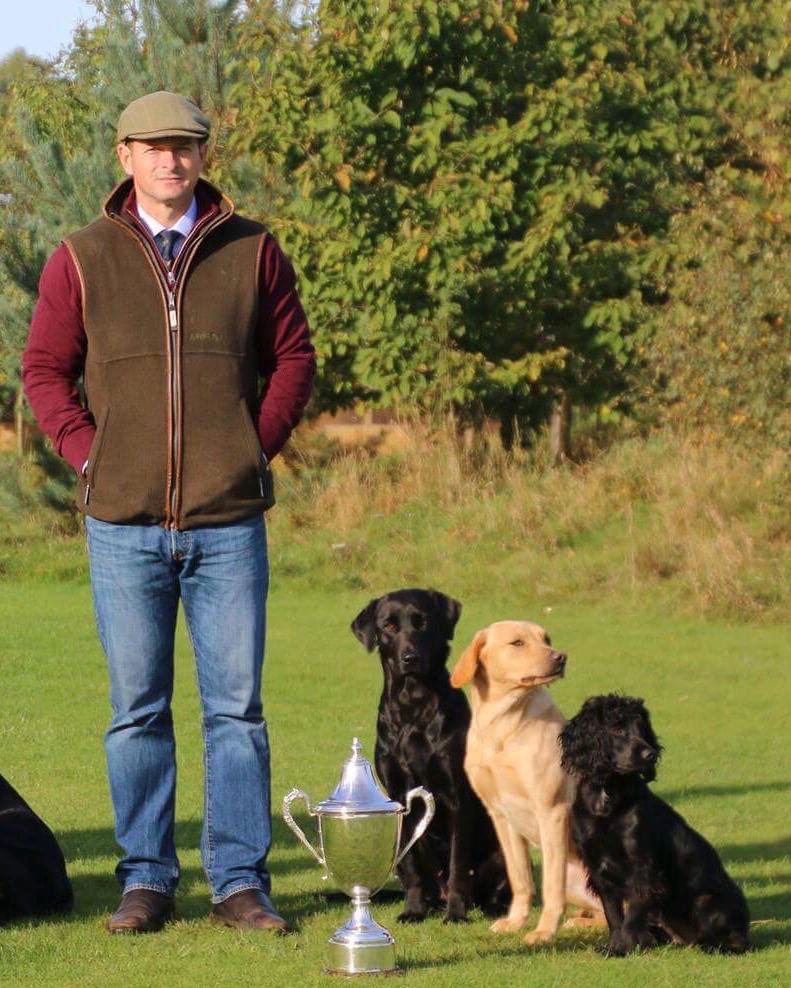 Ben Randall: Q&A with the award-winning dog trainer
Ben Randall: Q&A with the award-winning dog trainerWe speak to Country Life's canine agony uncle Ben Randall.
By Ben Randall
-
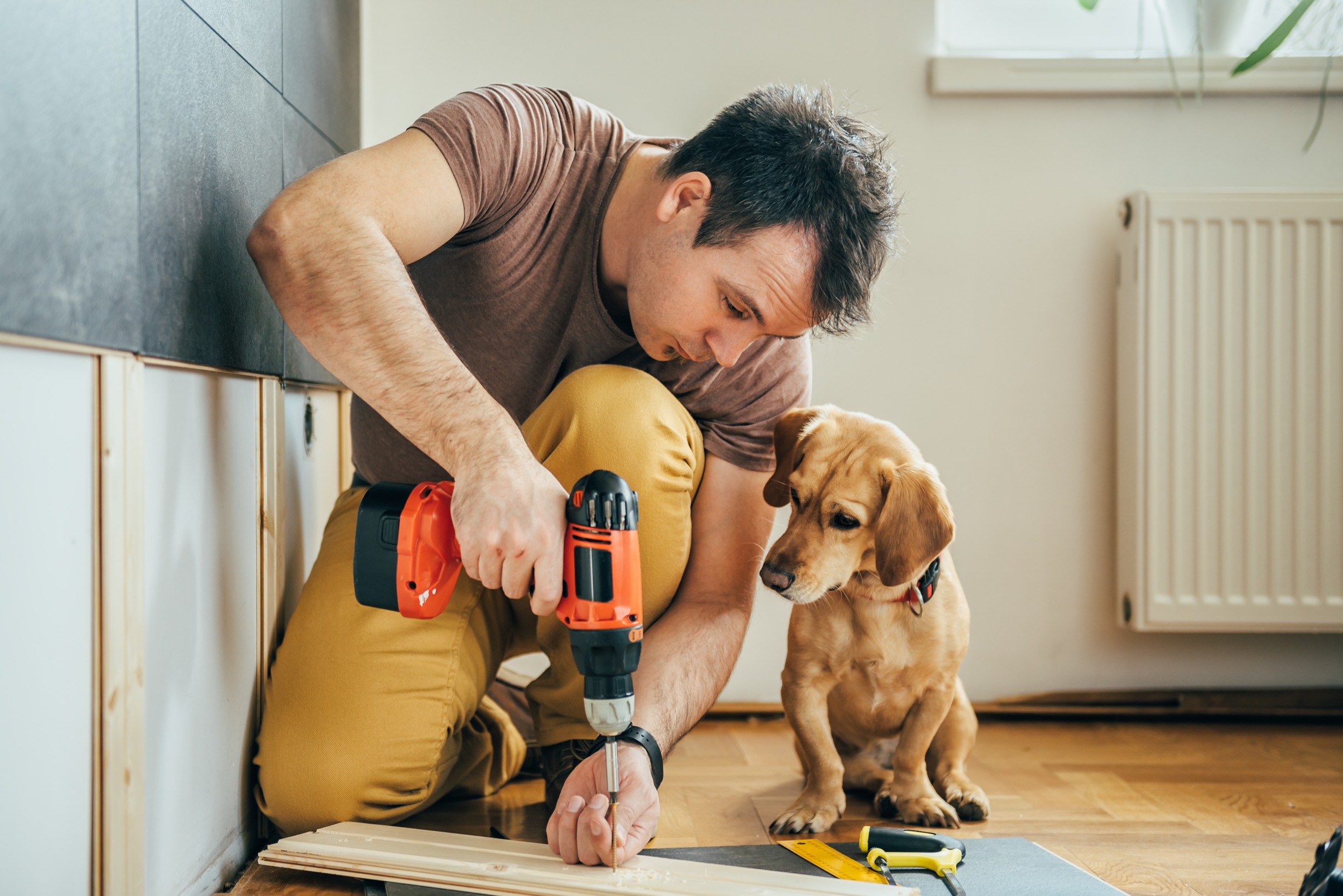 How to stop your dog from being protective and barking at builders
How to stop your dog from being protective and barking at buildersBarking can be annoying and unsettling for visitors. Ben Randall looks at how to get a little peace and quiet.
By Ben Randall